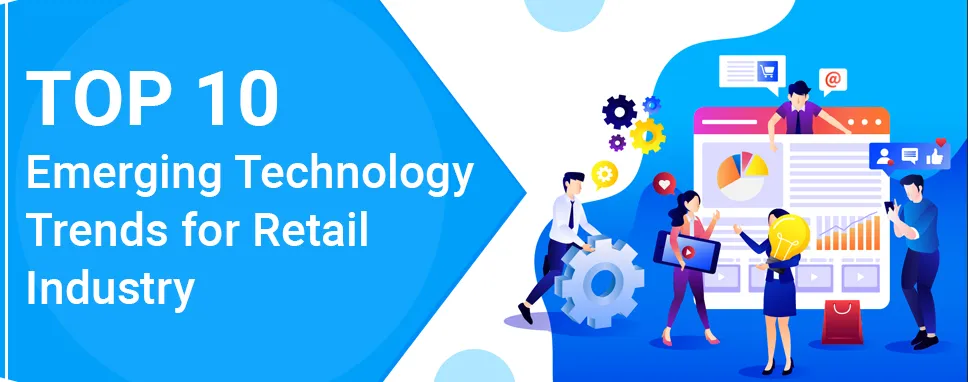"With Facebook / Instagram ads hitting a saturation point, brands will shift more of their marketing to Google Shopping Ads to showcase their brand and products during the discovery and search phase, especially as eCommerce continues to dominate during the pandemic.
New data shows that brand loyalty actually rose year over year. In 2021 brands will triple down on loyalty strategies to maintain that emotional bond. They'll increase investment on their D2C brand experiences (as the majority of physical retail continues to tank), reimagine loyalty programs to make people feel like VIPs, and make tough decisions on whether or not to publicly support causes and movements.
The more we all live on our phones, the higher the likelihood that we're going to be in a texting relationship with brands. SMS marketing is on a rise with a whopping 99% engagement rate. We're going to click on a text to buy products, we're going to get VIP exclusives via SMS, and we're going to text brands directly for customer service.
With Shopify's new partnership with TikTok setting the scene, expect an avalanche of brand TikTok accounts, a tsunami of young TikTok influencers shilling their products, and the average age of TikTok audience beginning to trickle up, driving younger users out.”
- Tracy Strauss, Vice President of Marketing at Yotpo
"1. Voice assistants will fail to take off - but PC-based shopping makes a comeback. While Amazon's Alexa and Google Home have been anticipated to make consumer shopping easier (e.g. Alexa, buy me toilet paper), shoppers are still highly visual when it comes to making a purchase - we want to see the product, the specs and the cost before adding an item to checkout. With many people expecting to continue working remotely until mid 2021, PC-based shopping will see an uptick as a popular device for ecommerce purchases, particularly as people don't need to make purchases on mobile while on-the-go.
2. Small and mighty wins for small businesses. While Amazon and Walmart seem to dominate in ecommerce, consumers will increasingly elect to shop from smaller, independent brands they know, trust, and which align with their brand values. Smaller brands and merchants that can build truly meaningful relationships directly with customers through highly personalized communications will benefit from customers willing to pay a premium for their offerings.
3. Personalization and the digital customer experience will be key to retaining customers online. As shoppers might go back to physical stores as COVID-19 restrictions lift, online retailers have to battle intensely for their purchases. In order to retain their online customers, they will need to provide a seamless and positive digital shopping experience-this includes looking at the entire customer journey to anticipate key points where consumers may be most likely to churn and finding ways to proactively approach them with highly-desirable and personalized offerings.
4. D2C will gain more traction: Customer retention > customer acquisition As many retailers have closed their physical stores and/or are seeing in-store sales decline due to COVID-19, more are prioritizing e-commerce and Direct-to-Consumer models. As they execute on this strategy further in 2021, retailers will have to focus on providing a positive online shopping experience and consistently engage with their customers online to increase retention and loyalty, and ultimately sales. However, more direct interactions with their customers also means more opportunities to disappoint them, especially the most loyal buyers, leading to customer experience/retention surpassing customer acquisition strategies next year.”
- Julia Henry, Post-Purchase Manager at ParcelLab





















